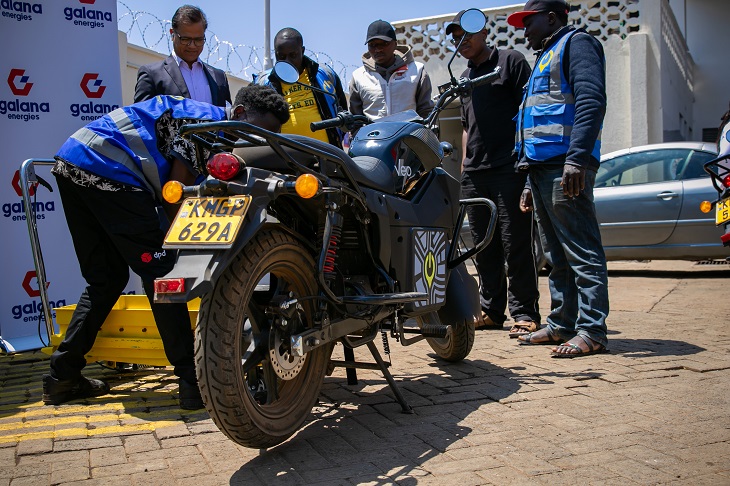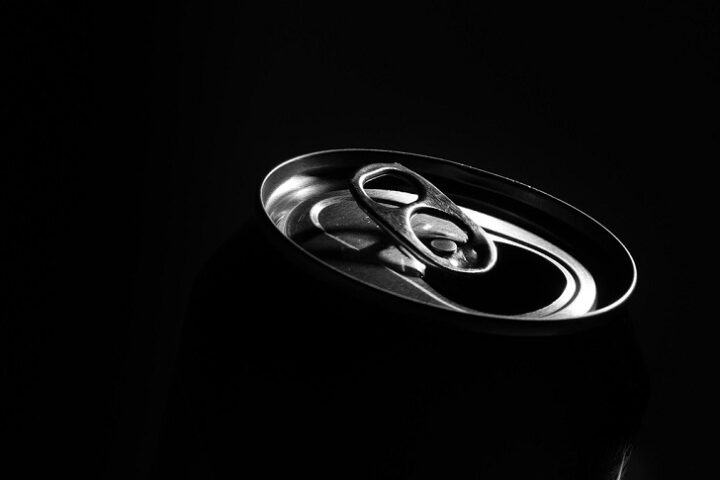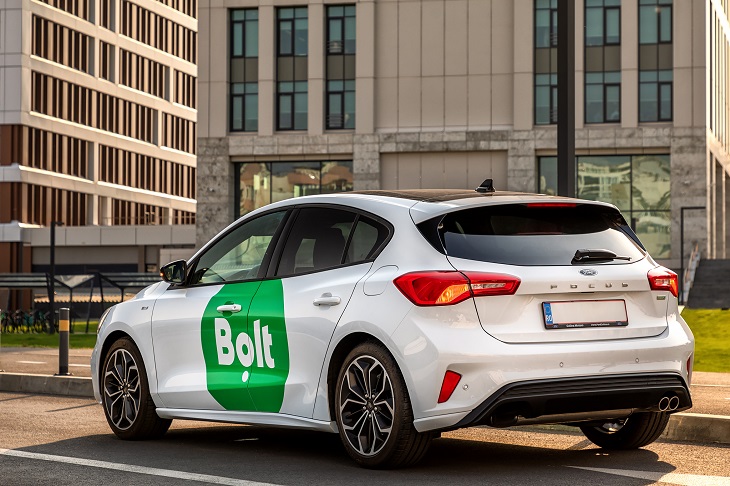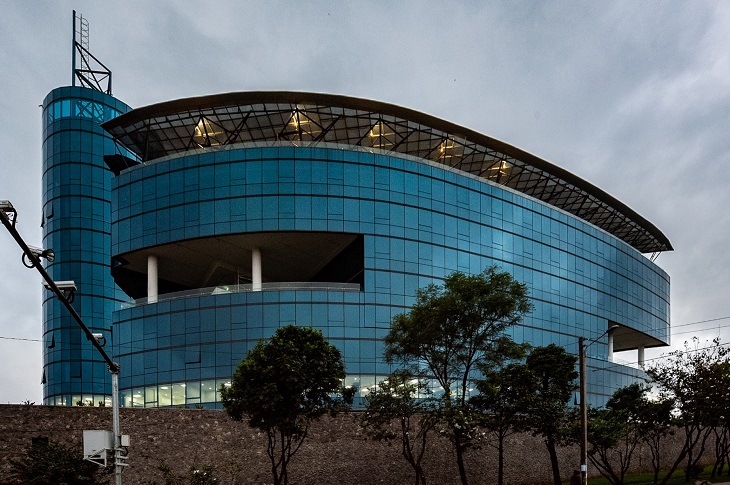Spiro Kenya, the country’s leading electric motorbike manufacturer, has rolled out an ambitious plan to introduce at least 50,000 internal combustion engine (ICE) motorbikes with electric ones in 2025 in a move it hopes will propel Kenya’s dream of going green.
“Kenya has over 4 million ICE motorbikes on the roads – we want to introduce 50,000 of them this year with clean electric bikes made by Kenyans at our assembly point in Nairobi,” said Spiro in a recent statement. “We hope that people will get behind our ambition.”
And what an ambition it is. In a country where motorbikes are the lifeline of urban and rural economies—zipping through traffic, delivering goods, and ferrying passengers—revolutionizing this mode of transport isn’t just a lofty dream; it’s an economic and environmental imperative.
At the heart of Spiro’s vision is its state-of-the-art assembly point in Nairobi, where local skilled workers are turning the dream of clean transportation into a tangible reality.
Related Content: How Spiro Kenya Is Pioneering Electric Mobility With An Extensive Network Of Swapping Stations
“Our assembly point can make 50,000 electric bikes in a year on a single shift,” the company shared. “That’s not just a number—it’s a testament to the power of Kenyan talent and innovation. Every bike that rolls off the assembly line isn’t just a product; it’s a promise. A promise that clean energy solutions can be homegrown, that job creation and sustainability can go hand in hand, and that Africa can lead the way in global green technology.”
Spiro’s approach also tackles one of the biggest barriers to electric vehicle adoption: accessibility. Because the company manufactures the bikes locally, it offers competitive prices, ensuring that these eco-friendly machines aren’t just the preserve of the elite. They are designed for the boda-boda operators, the delivery drivers, and the everyday Kenyans who rely on motorbikes to make a living.
Why introduce 50,000 motorbikes in a single year? The numbers speak for themselves. With over 4 million ICE motorbikes in Kenya, these vehicles are a significant contributor to carbon emissions and air pollution. Every electric bike introduced to the roads means fewer emissions, lower fuel costs for riders, and a giant leap toward Kenya’s sustainability goals.
“But this isn’t just about going green; it’s about going smart. Electric bikes are cheaper to maintain, quieter to operate, and—thanks to Spiro’s extensive network of battery-swapping stations—just as convenient as their petrol-powered counterparts. Add to that the recent introduction of home charging options, and you have a solution that’s as practical as it is revolutionary,” added Spiro.
Related Content: How Spiro Academy Is Shaping The Future of Electric Mobility












